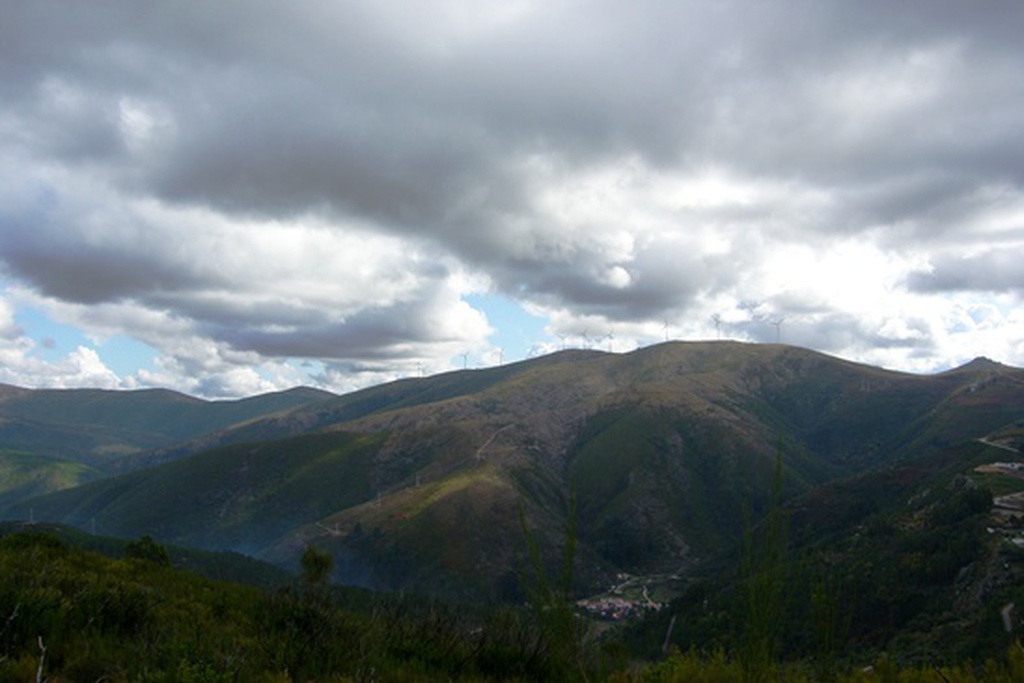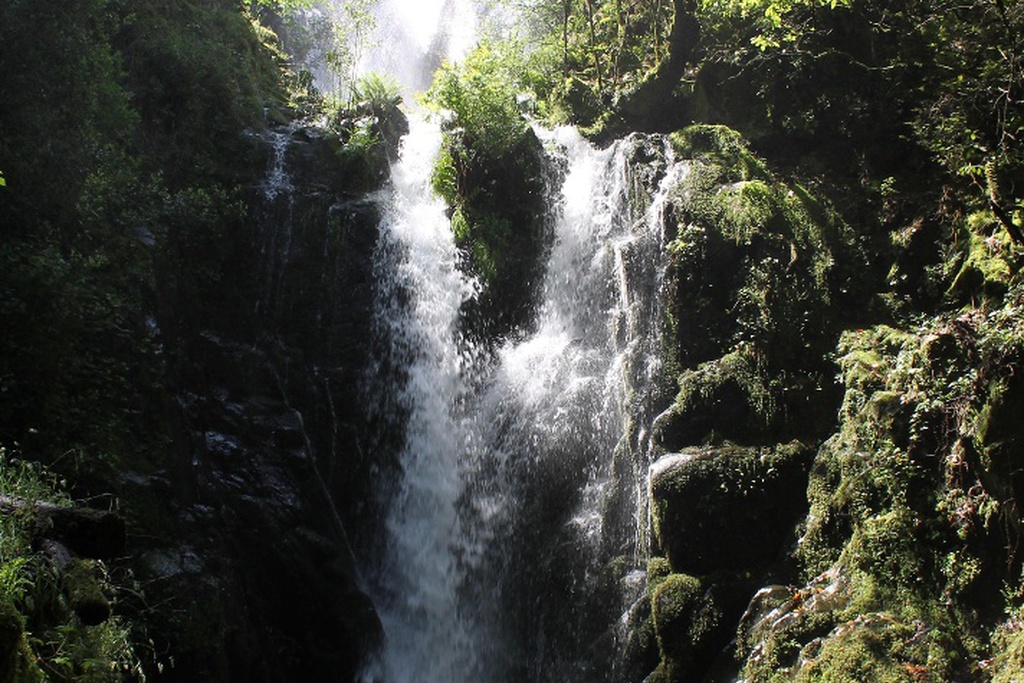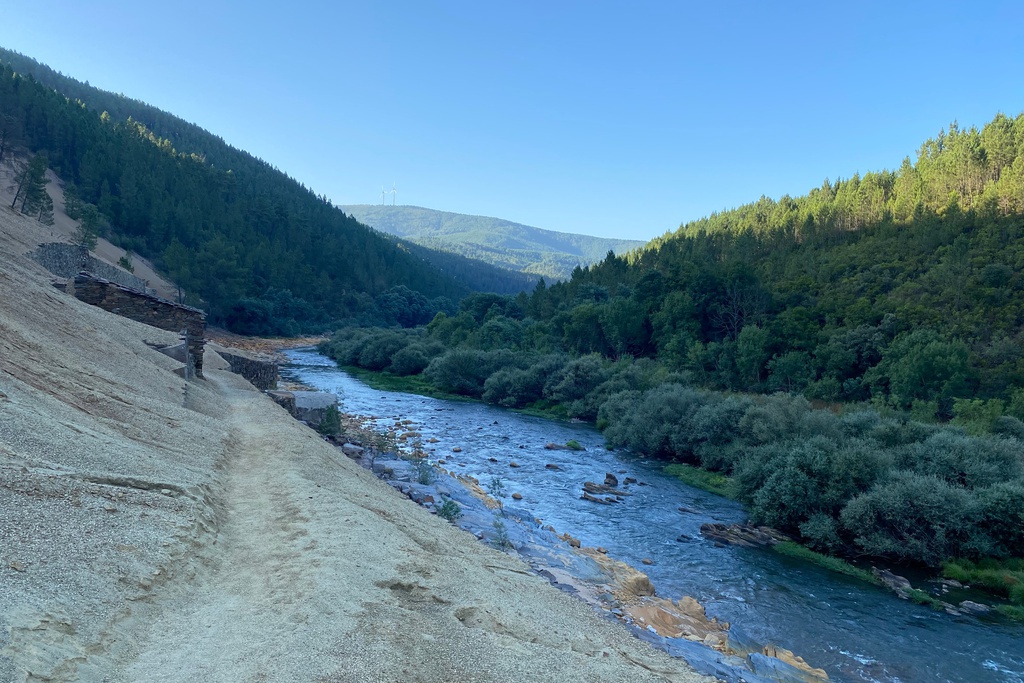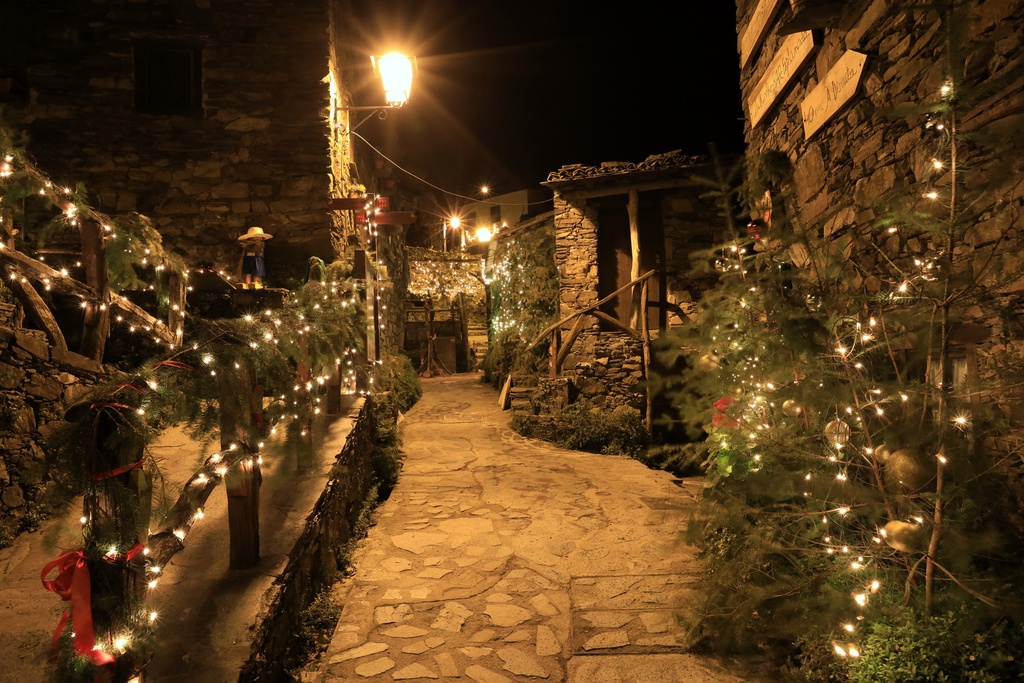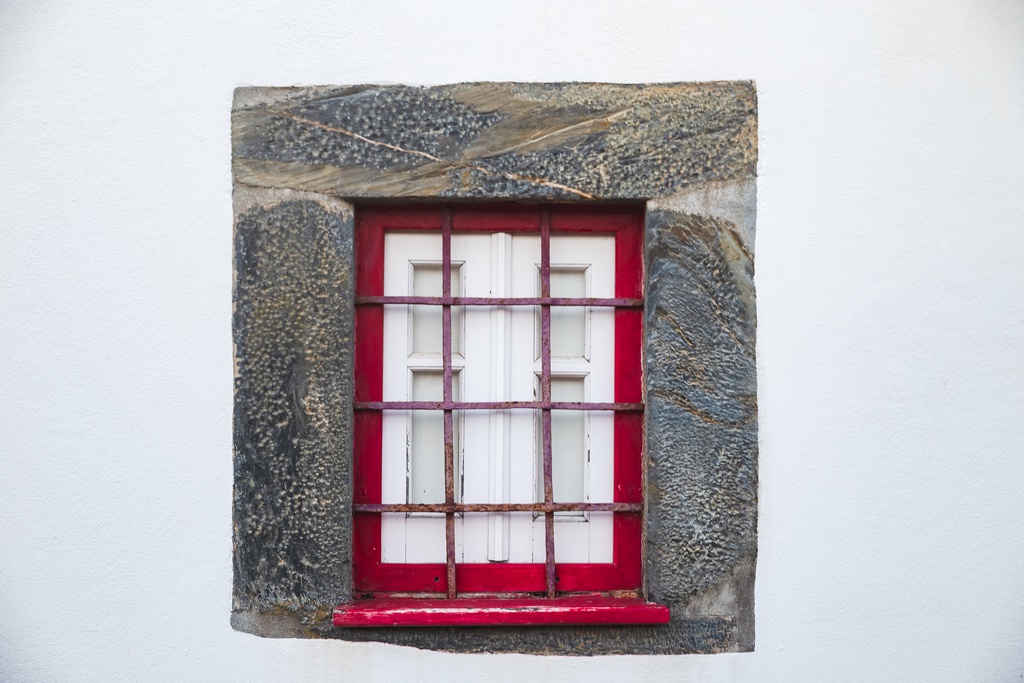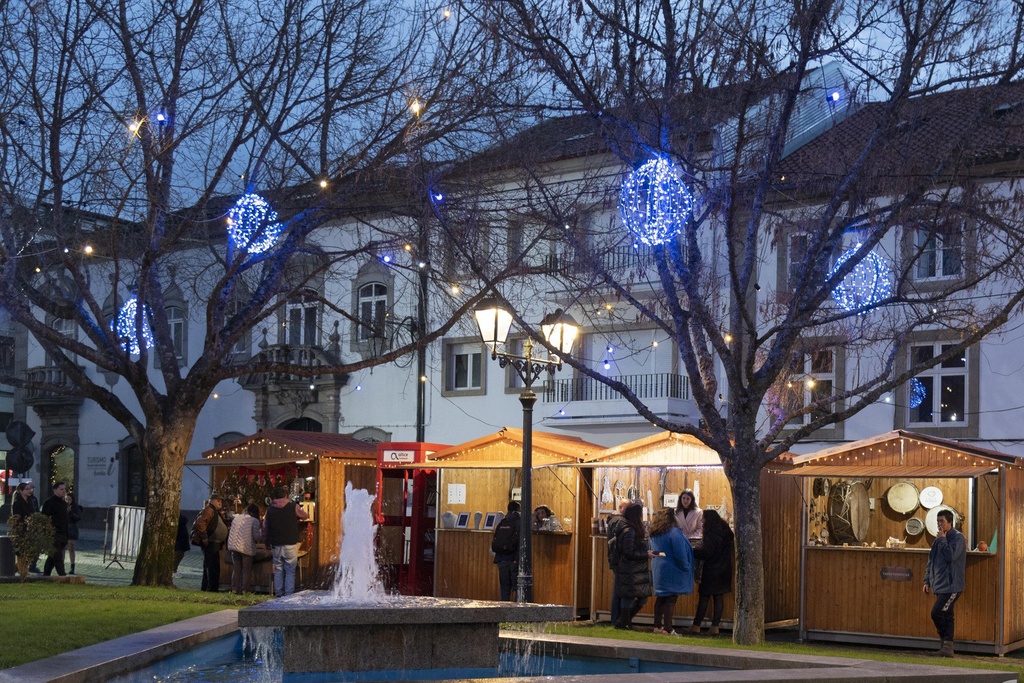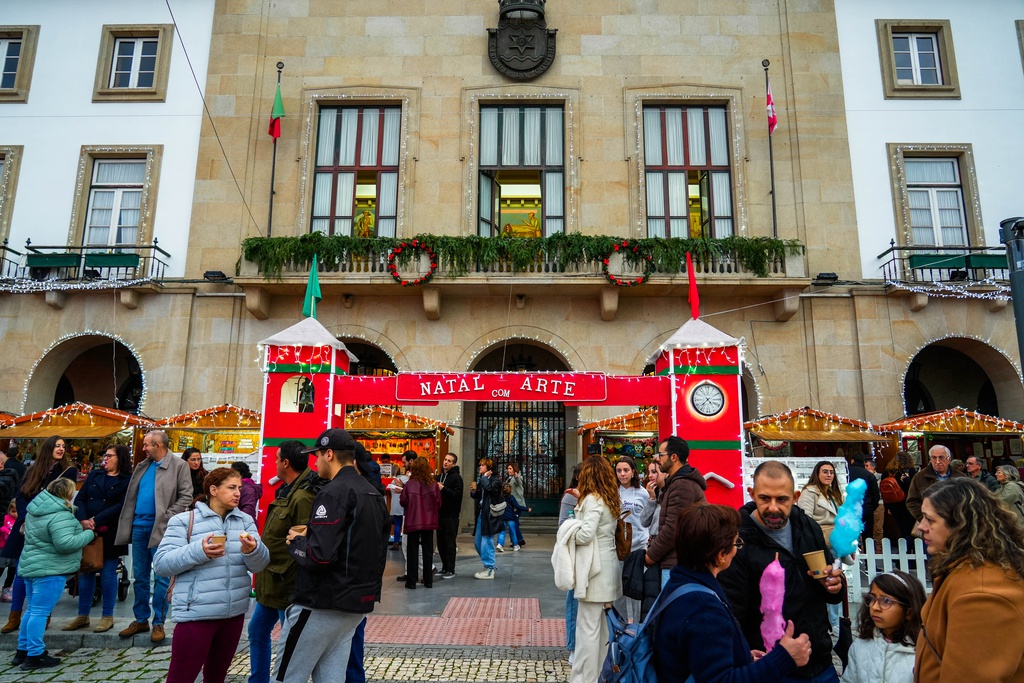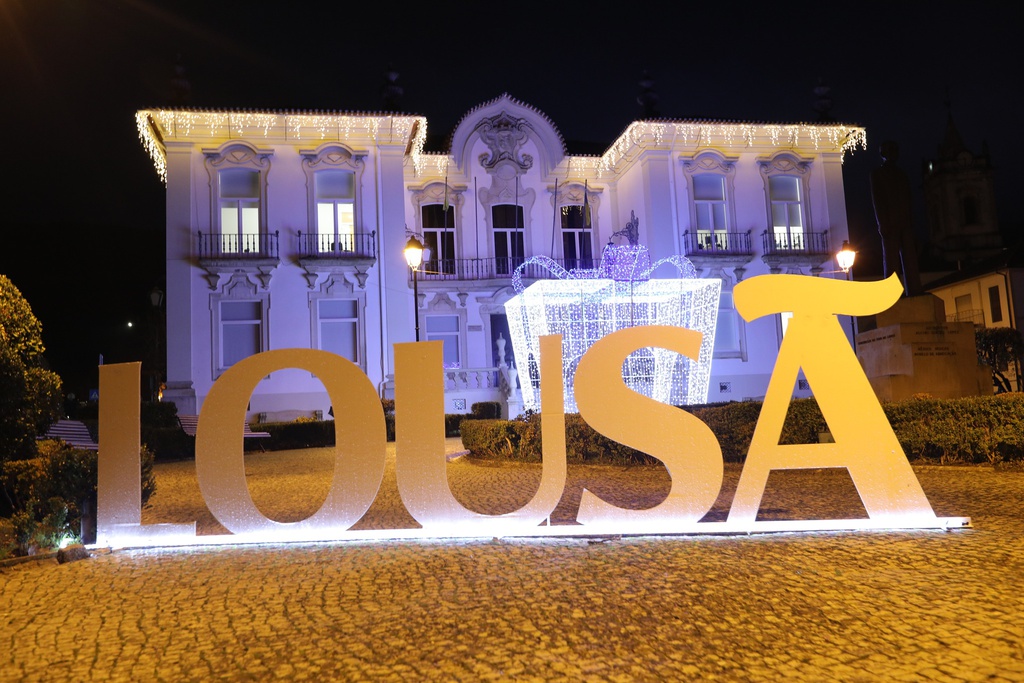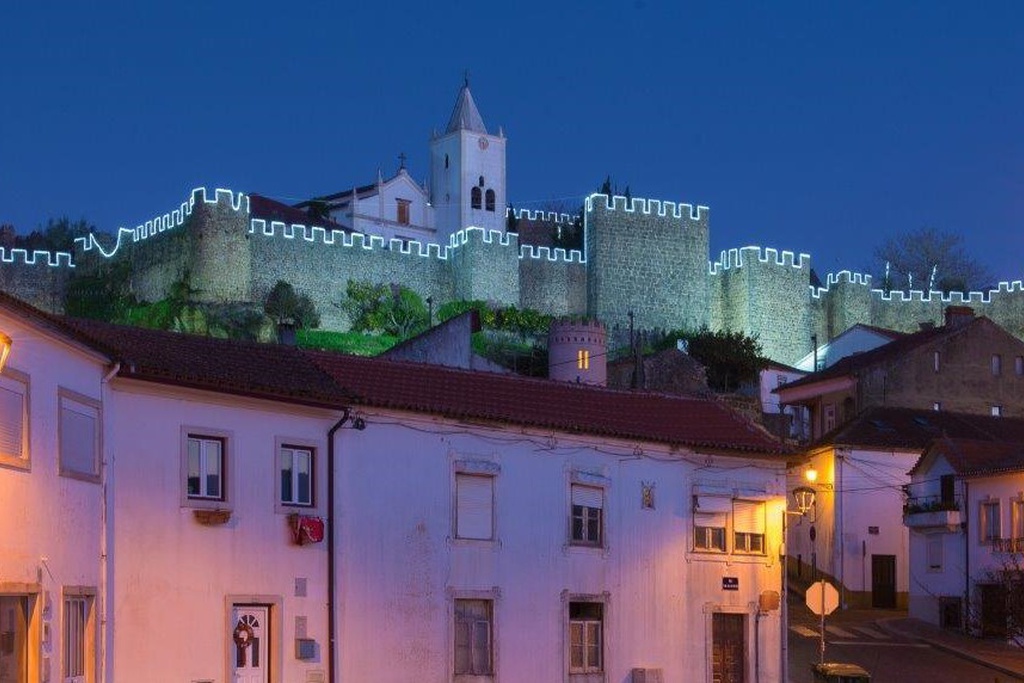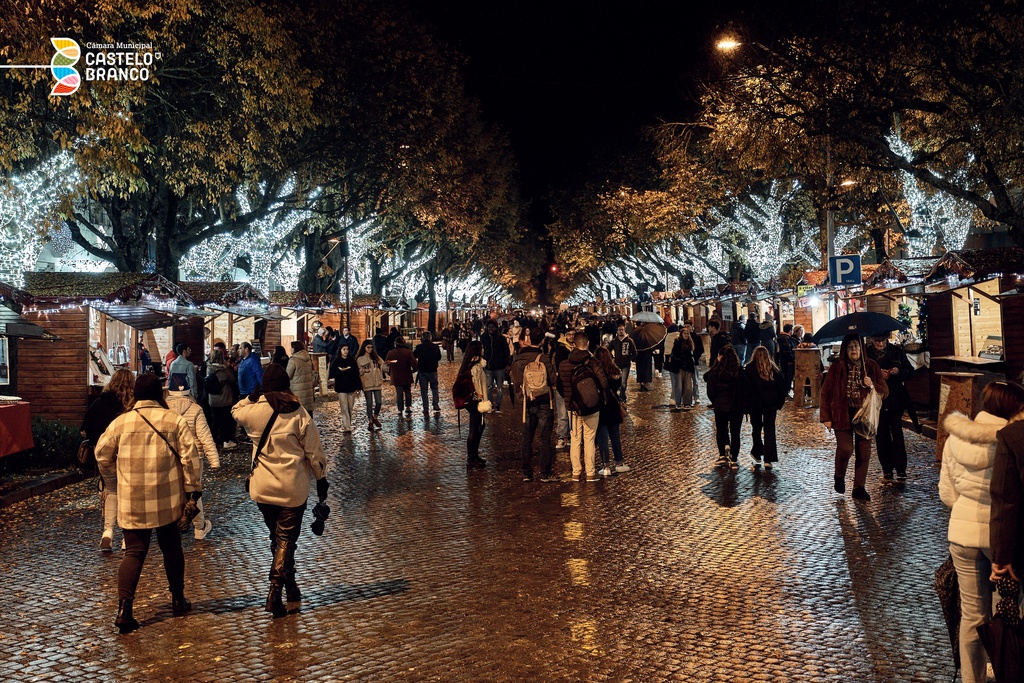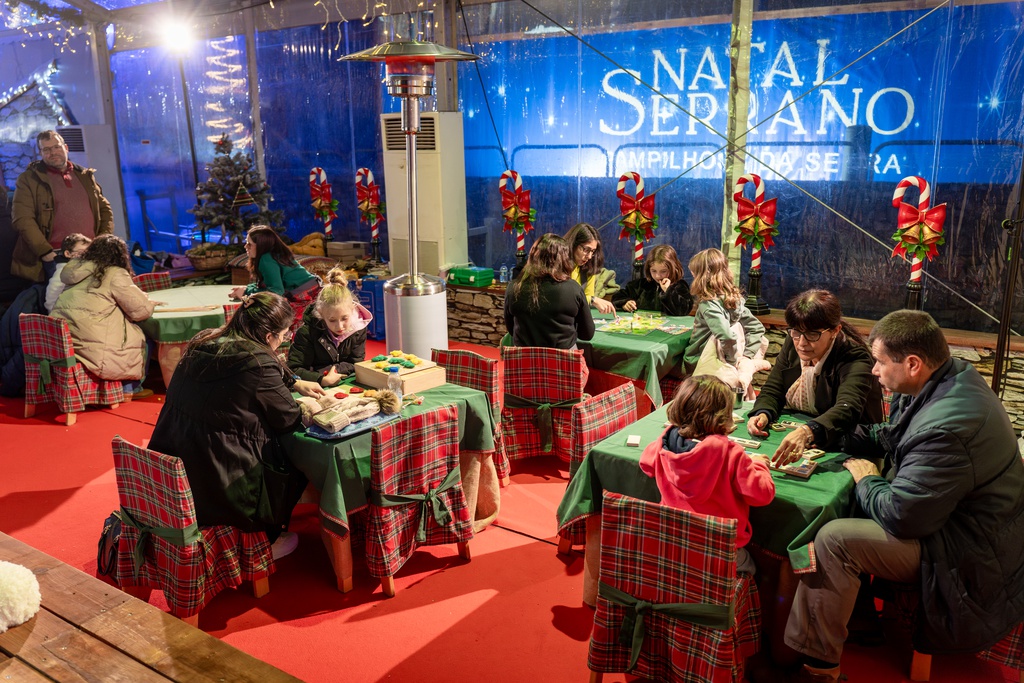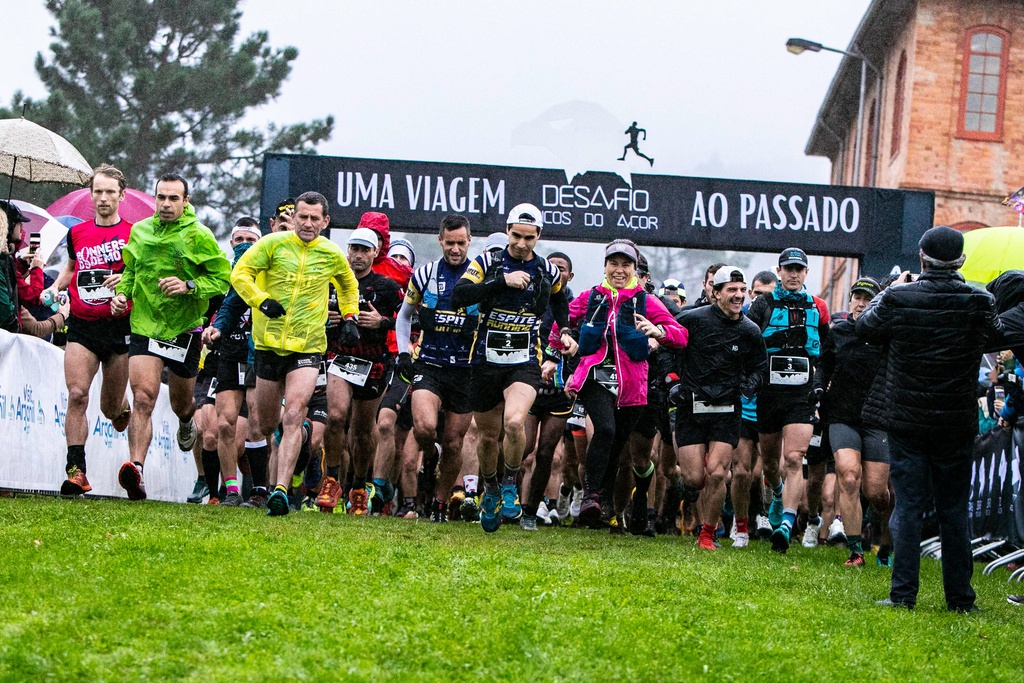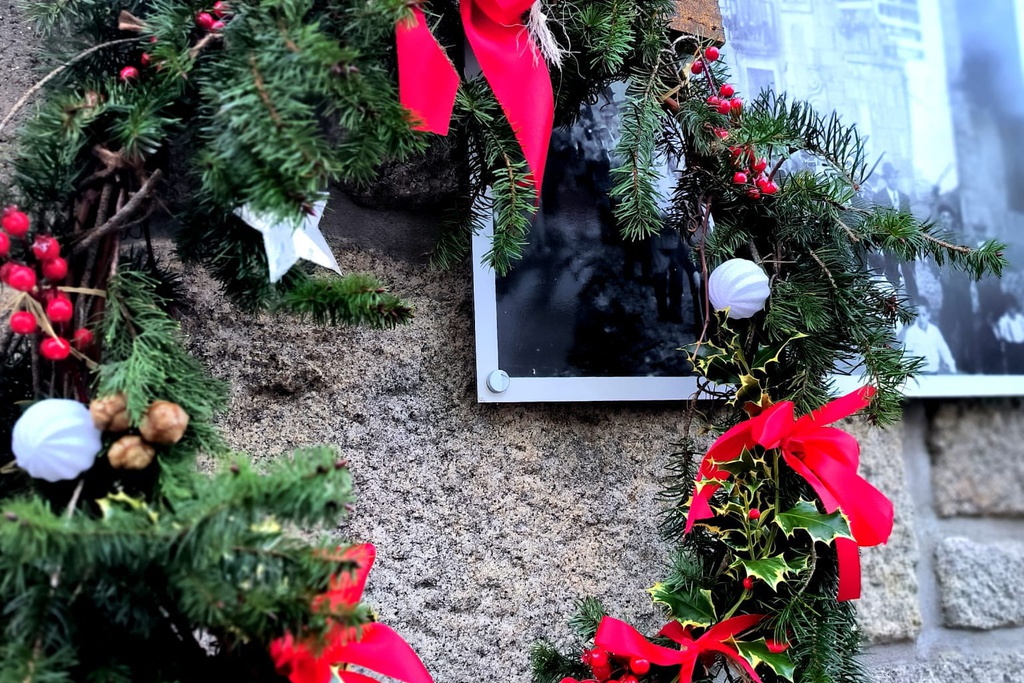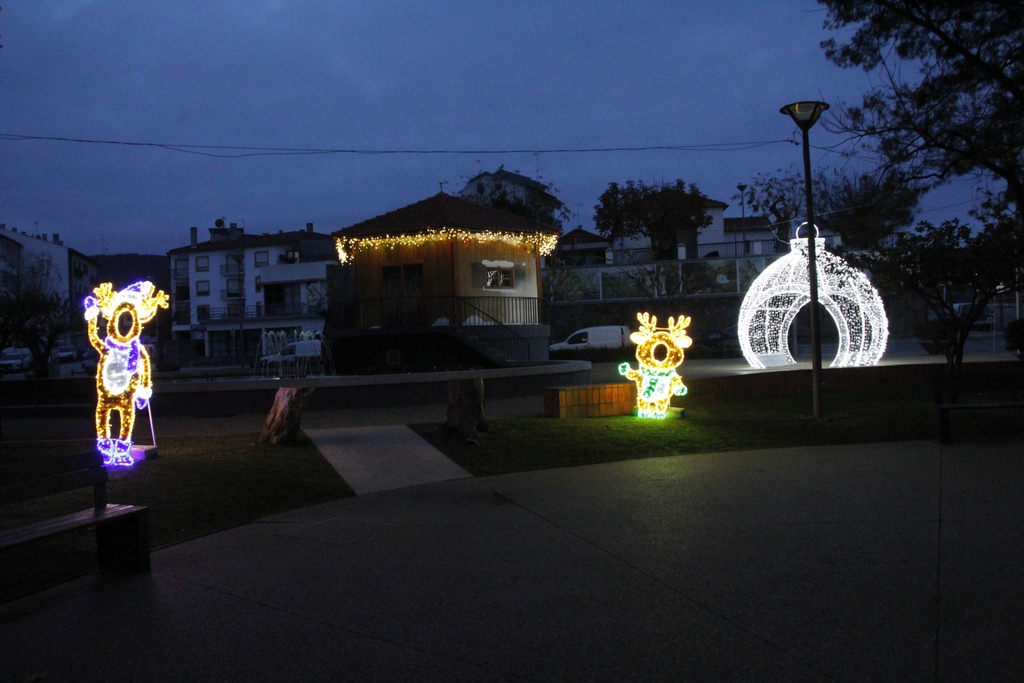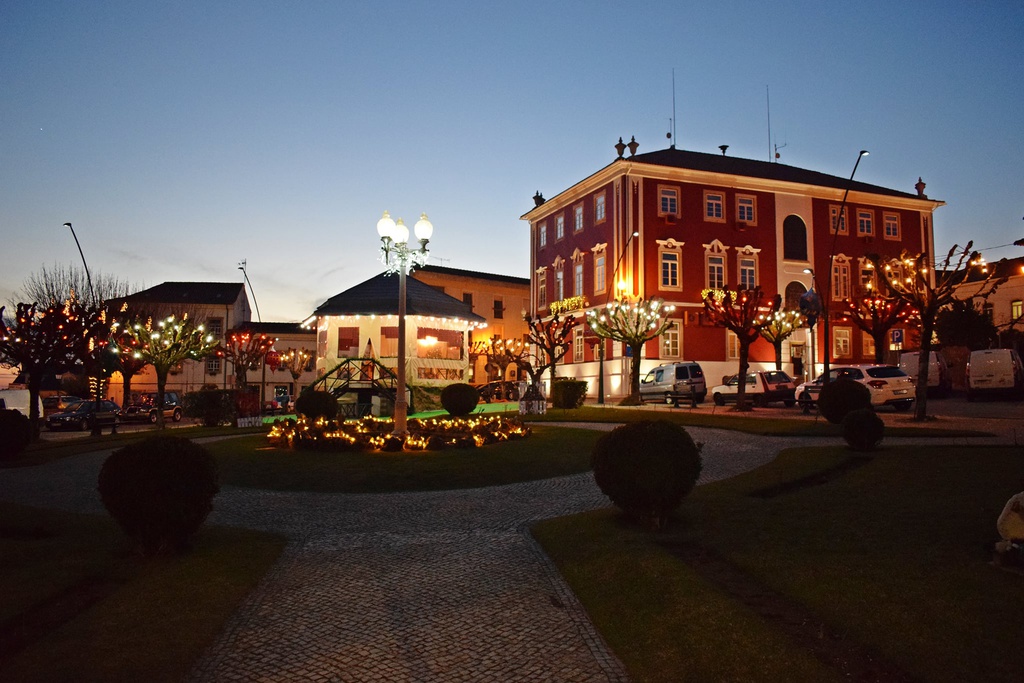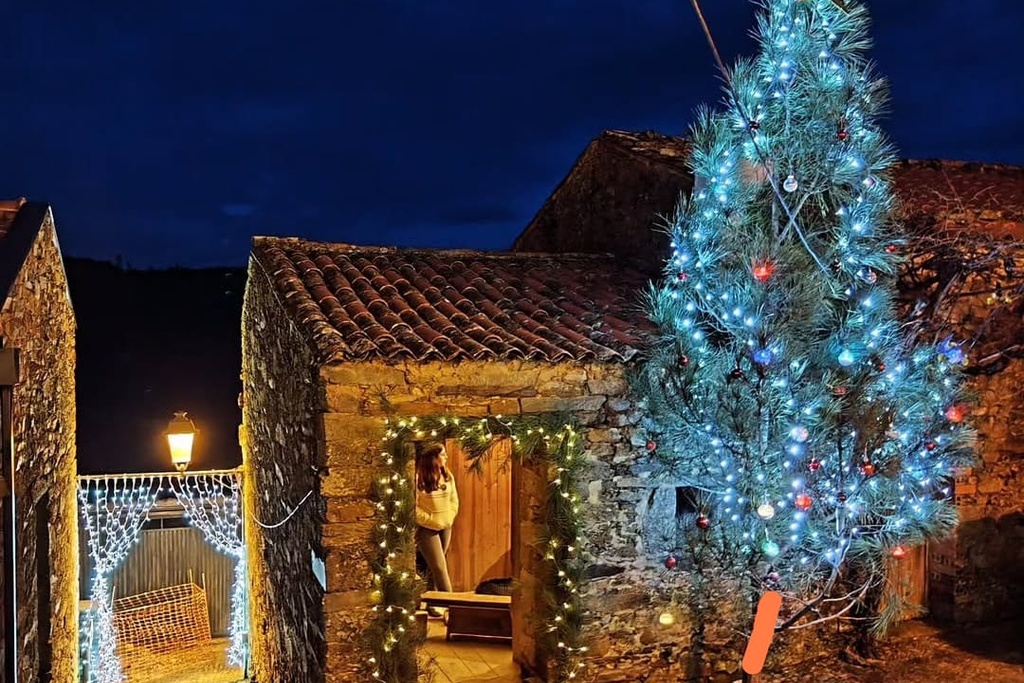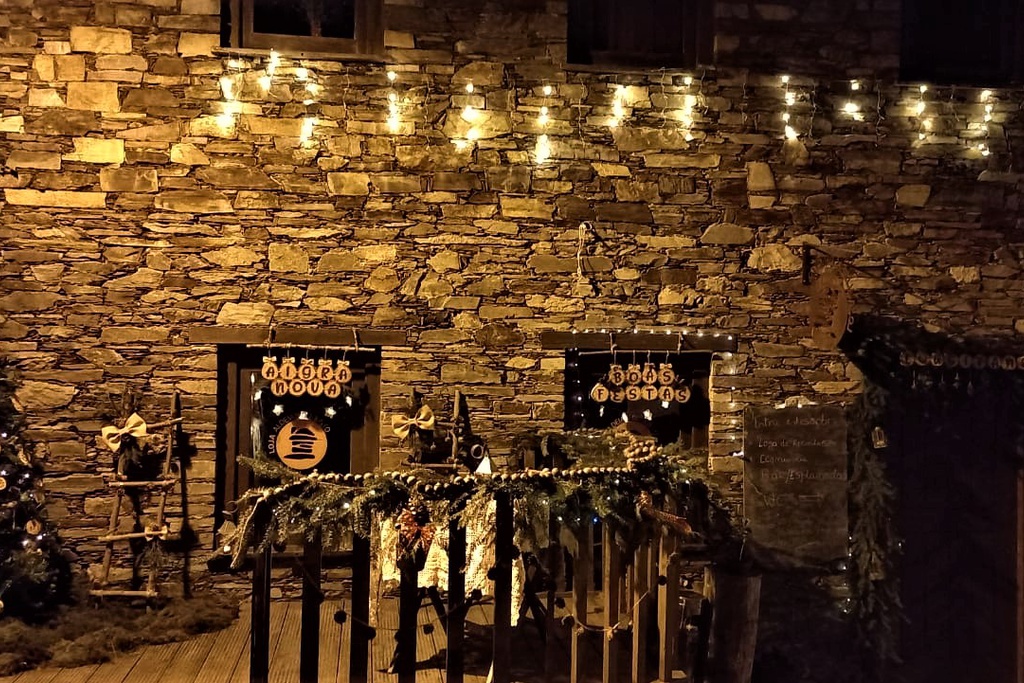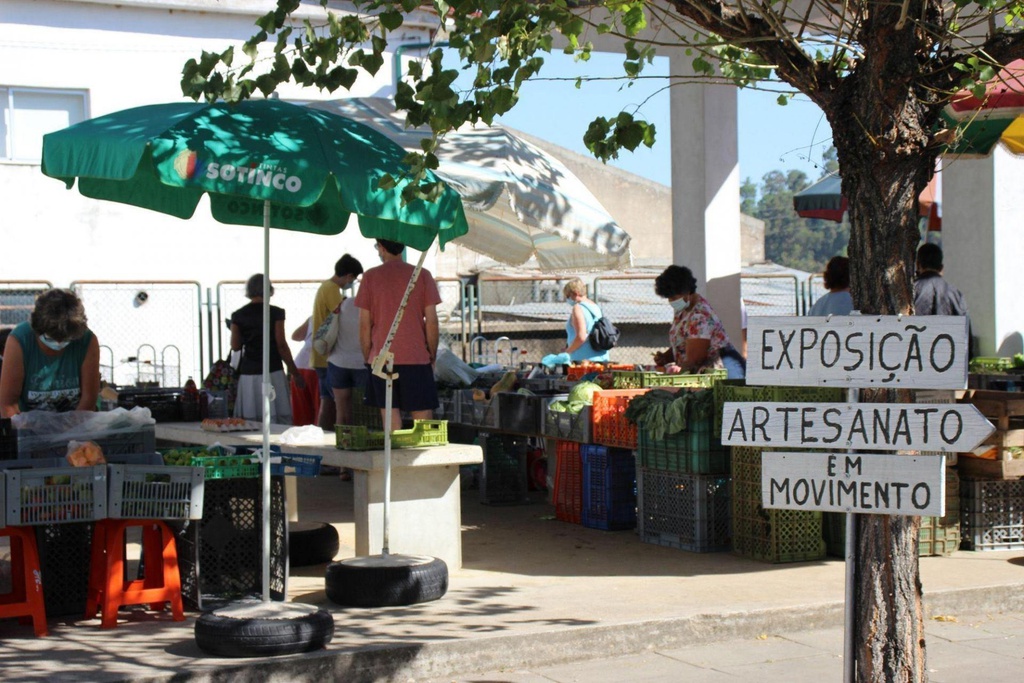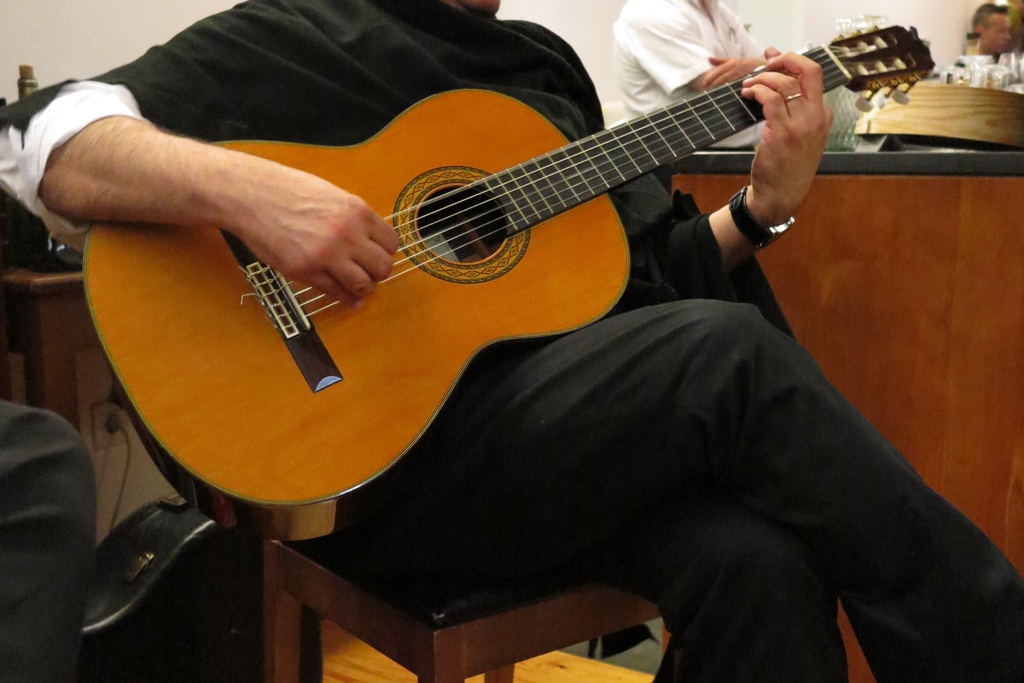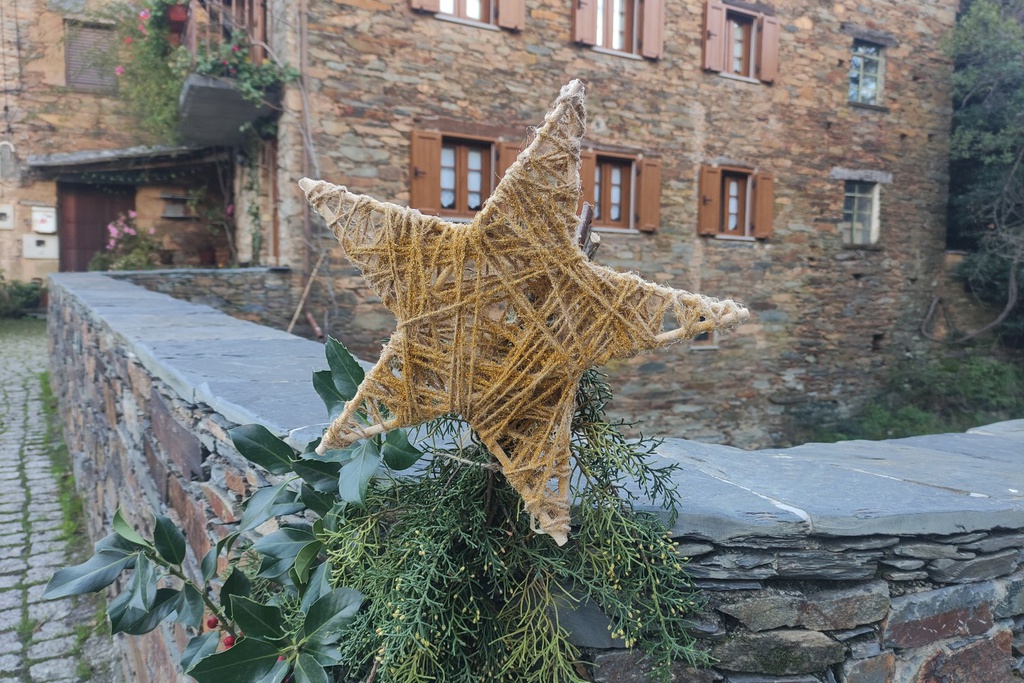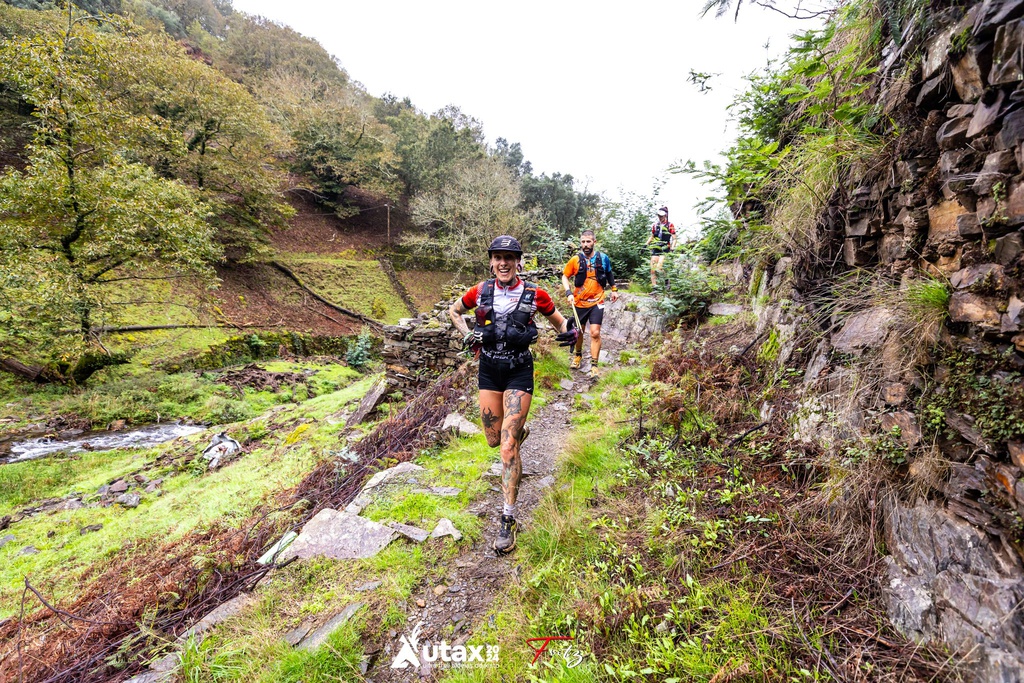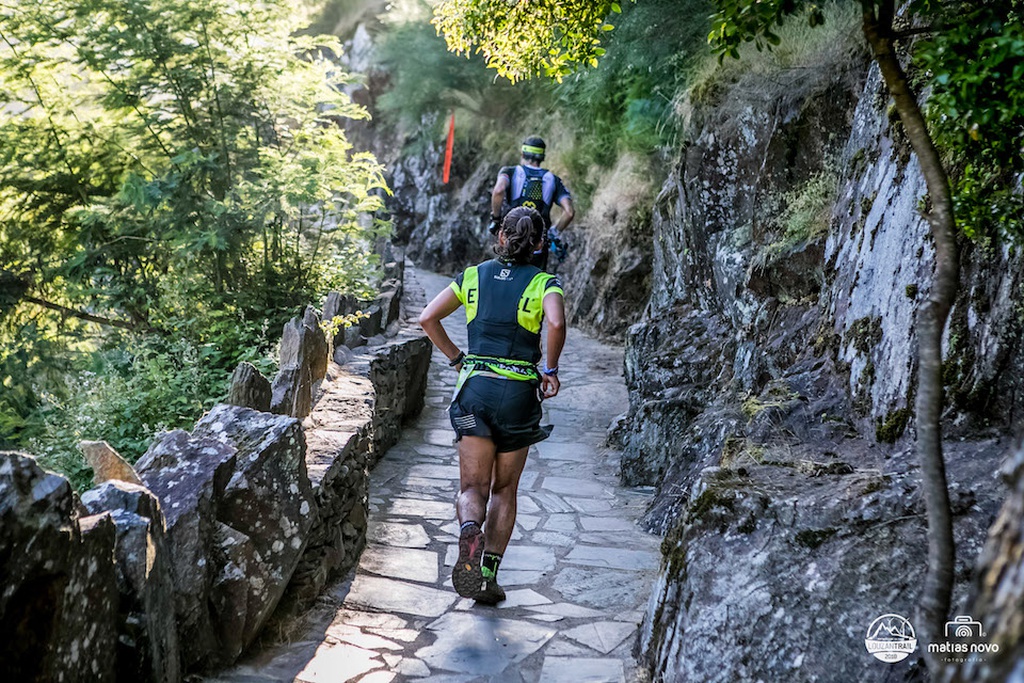CHAPTER I
Name, nature, registered office and similar
Art. 1
The Association adopts the name ADXTUR – SCHIST VILLAGES TOURISM DEVELOPMENT AGENCY, with its registered office at the Aldeias do Xisto Promotional Centre, in Casa Grande, and also has a hub promoting the river beaches, and may create one or more delegations or hubs, as long as they are approved by the Council of the Aldeias do Xisto (General Assembly).
Art. 2
1. The purpose of the Agency is to promote the Tourist Development of the Aldeias do Xisto as a brand bringing together the tourist potential of Pinhal interior.
2. The Agency also aims to promote the regional development of the Pinhal Interior region in a sustainable and integrated manner.
Art. 3
The aims and tasks of the Agency are to:
1. Manage and promote the Aldeias do Xisto brand;
2. Improve the cultural landscape of the Aldeias do Xisto to be a reference in affirming the identity of the Pinhal Interior area and as a way of linking different sectorial and territorial management plans;
3. Create a regional, inter-municipal cooperation platform between public bodies and private stakeholders able to give value to endogenous resources through fostering the local, economic and social development of the community and area of Pinhal Interior;
4. Follow up on the Aldeias do Xisto Sustainable Development Plan, particularly the Aldeias do Xisto Tourism Strategic Plan, the Gastronomy Charter, Entertainment Plan and Communication Plan, as well as managing the network of Aldeias do Xisto network of shops and River Beaches;
5. Design and develop tourism products;
6. Establish a distribution network;
7. Contribute to the improvement of information and support for tourists;
8. Set up a forum for the coordination of efforts and joint strategies that maximise synergies in terms of the make up of supply and territorial preservation and enhancement;
9. Promote studies, the collection of documentation, information and applied research on the tourism products of Pinhal Interior;
10. Defend and enhance the architectural heritage of the schist territory, promoting urban regeneration plans, village plans, technical opinions, etc.;
11. Identify training needs in the tourism sector and draw up and implement training plans suited to the region’s tourism development;
12. Contribute to the stimulation of structuring and improving investment of tourism in the Pinhal Interior Region;
13. Provide consultancy services to its members and other bodies;
14. The agency may participate in, create or manage projects with tourism interest, by itself or in association with other entities, and carry out activities related to its aims;
15. Support the development of an incentive policy for investors wishing to invest in the region;
16. Encourage activities of a cultural nature, through entertainment and dissemination of the heritage of the Villages;
17. Contribute to improving the quality of local life and to diversifying and boosting economic activity, particularly in the area of tourism;
18. Assess and monitor compliance with the defined action strategy;
19. Encourage and support the establishment of new companies in traditional sectors and, where there are comparative advantages, facilitate the establishment of small companies in the region by enhancing and training their human resources and through innovation;
20. Act as a body that generates consensus and brings interests closer together with a view to developing and implementing common projects that contribute to the development of the Aldeias do Xisto;
21. Design, apply and implement initiatives at the local, regional, national (sectoral) and transnational level;
22. Work with public institutions to take action to remove qualitative restrictions on investment (transport networks, access roads, telecommunications, forests and the environment);
23. Formulate opinions and recommendations regarding issues of policy, practice and means of developing tourism relevant to the Aldeias do Xisto;
24. Collect, process, disseminate and exchange documentation and information relating to the territory of the Aldeias do Xisto Network, in all its scope;
25. Regulate the “Schist Territory” tourism offer;
26. Carry out and support the organisation of Seminars, Colloquia, Meetings, Fairs and other forms of exchange, both within the network and outside it (nationally and internationally);
27. Edit and publish newsletters, magazines, books and audio-visual materials;
28. Respond directly, or through external consultancy, to the provision of services to associate partners in the pursuit of their goals;
29. Promote sustainable forest development;
30. Environmental protection and enhancement of the Pinhal Interior region;
31. Promotion of the social development of communities, aiming at the social and civic participation of people and the development of actions that stimulate the promotion of Human Rights, the reinforcement of citizenship, equal opportunities and gender equality.
Art. 4
The Agency is a private not-for-profit entity.
Art. 5
The Agency’s area of action is the territory of Pinhal Interior, and it is able to develop its activities throughout Portugal and abroad.
Art. 6
1. The Agency aims to promote logical and sustainable development, in accordance with the principles that led to its own setting up;
2. Represent its members before the Central, Regional and Local Administration and National and Foreign Institutions, through its Management;
3. Sign contracts with public and other bodies, cheekily for the purpose of the granting of national and/or foreign aid;
4. Develop all the competencies conferred by Law, delegated to it by any other public or private entities and those provided for in the statutes;
5. Be a beneficiary of the contractualisation principle enshrined in Community Support Frameworks regulations.
CHAPTER II
Members, their rights and duties.
Art. 7
All natural and legal persons who carry out activities that contribute to the specified purpose may be members.
Art. 8
Members’ rights include:
a) participating in the General Assembly meetings;
b) electing and being elected to the governing bodies;
Art. 9
The members’ duties are:
All members are subject to the payment of an entrance fee and a membership fee, with such amounts to be established by the General Assembly.
Art. 10
1. Membership is terminated:
a) through the winding up of the Association;
b) through resignation, requested in writing;
c) through non-payment of the fees in force, for a period exceeding one year;
2. It is the responsibility of the General Assembly to accept the resignation of the members of the corporate bodies and the Management Board to accept the resignation of any member who is not a member of the corporate bodies.
CHAPTER III
Management bodies
Art. 11
1. The governing bodies of the Association are:
a. The General Assembly;
b. The Management Board;
c. The Supervisory Board;
d. Executive Secretariat
e. Monitoring Committee
2. The term of office of the Board of the General Meeting, the Management Board and the Supervisory Board is three years, and they may be re-elected for equal and successive periods.
3. The positions held by the members of the governing bodies: The Board of the General Meeting, the Management and Supervisory Board are elected for free.
SECTION I
THE GENERAL MEETING
Art. 12
1. The General Meeting, consisting of all the members, is the highest body of the Association, the deliberations of which, taken under legal and statutory terms, are mandatory.
2. The Board of the General Meeting will consist of a Chairperson and two Members.
a) The Chairperson shall convene the Meetings, preside over them and direct the respective work;
b) The members shall be esponsible for assisting the Crhairperson in carrying out his/her duties.
Art. 13
1. The competencies of the General Assembly are to:
a) elect, dismiss and replace the members of the respective board, Audit Committee and Management Board;
b) deliberate on amendments to the statutes and on the dissolution of the Association;
c) approve the Report, the Balance Sheet and the Accounts for the year end, accompanied by the report of the Audit Committee;
d) approve the Budget and the Activities Plan, as proposed by the Management Board;
e) set, following a proposal from the Management Board, the amount of the admission fee and annual fees;
f) accept the resignation of the members of the corporate bodies, as requested to the Board of the General Meeting;
g) approve the rules of procedure following a proposal of the Management Board;
h) deliberate on the sale of the Association’s assets;
i) approve the creation of delegations;
Art. 14
1. The decisions of the General Assembly are taken by an absolute/simple majority of the members present, whenever the law or the Statutes do not require a qualified majority.
2. Each full member has the right to one vote
3. Decisions on amendments to the Statutes require the favourable vote of three quarters of the number of full members present.
4. Deliberations on the dissolution of the Association require the favourable vote of three quarters of all members.
Art. 15
1. The General Meetings shall be convened with eight days notice, by notice posted at the Association’s registered office and obligatorily by postal notice sent to the address of each Member, in addition to other means that may be considered convenient.
2. The notice convening the meeting shall necessarily state the day, time and place of the meeting, as well as the respective agenda.
3. At General Meetings, no deliberations may be made on matters that are not on the agenda, unless all members are present and agree to such addition.
SECTION II
The Management Board
Art. 16
1. The Management Board is the organ of administration and representation of the Association, and is made up of a Chairperson, a Vice-Chairperson, a Secretary, a Treasurer and three members.
2. The Vice-Chairperson shall substitute the Chairperson if he/she is absent or indisposed.
3. The Treasurer is responsible for the financial affairs of the Association.
4. The Secretary shall be responsible for keeping the minute book and administrative services up-to-date.
5. The Association is bound with the signature of the Chairperson of the Management Board being required. In the case of setting up, termination of contracts and bank documents, two signatures are required: one by the Chairperson of the Management Board and another by the Secretary or Treasurer.
Art. 17
It is the responsibility of the Management Board:
1. To exercise all the powers necessary for the undertaking of the activities that fall within the Association’s objectives, and to practise all and any acts in defence of the Association’s interests, namely to:
a) represent the Association in and out of court
b) administer the Association’s assets and manage its activity
c) Annually prepare and submit the Balance Sheet, Report and Accounts for examination and voting by the General Assembly;
d) prepare and submit the Budget and Activities Plan for the following year to the General Assembly for consideration and voting;
e) implement the approved Activity Plans;
f) delegate powers to the Executive Secretariat;
SECTION III
The Audit Committee
Art. 18
The Audit Committee is composed of:
a) A Chairperson
b) Two Secretaries
Art. 19
It is incumbent upon the Audit Committee to:
1. Examine the Association’s records and documentation.
2. Issue an opinion on the Balance Sheet, Report and Accounts for the Financial Year presented by the Management Board.
SECTION IV
Executive Secretariat
Art. 20
1. Its mission is the day-to-day management of the agency, with the management board being responsible for delegating the respective powers.
2. The executive secretariat is made up of the technical staff of the agency and should be organised or divided into different departments that are seen as essential to the pursuit of the entity’s aims and purposes.
3. The executive secretariat may be set up on the basis of programme contracts or cooperation contracts with public or private institutions.
SECTION V
Monitoring Committee
Art. 21
The monitoring committee is a consultative body made up of all the institutions, natural persons and specialists that the Management Board considers important to give their opinion and assess the Agency’s actions and strategic operations.
CHAPTER VII
Funds
Art. 22
The income of the Association shall consist of
1. The Admission fees and dues paid by full members.
2. Subsidies, legacies or donations assigned to it, as well as any others permitted by law.
3. Any other revenue permitted by law.
CHAPTER VIII
Dissolution and liquidation
Art. 23
1. It is the responsibility of the General Assembly, expressly convened for this purpose, to declare the dissolution of the Association based on the impossibility of it attaining its social purposes.
2. In the event of dissolution, the General Assembly shall elect a liquidation committee, which shall be given the necessary powers to proceed with the liquidation of the Association’s assets within the established time period.
CHAPTER IX
Final and Transitional Provisions
Art. 2
An Installation Committee is hereby appointed, comprising of Mr. Paulo Alexandre Bernardo Fernandes and Ms Ana Isabel Aranda e Cunha, who will cease functions on the date on which the General Meeting holds its first ordinary meeting at which all the corporate bodies will be appointed..
Art. 25
The Association shall be governed by the rules established by the Portuguese Civil Code, by these Statutes and by its Internal Regulations.


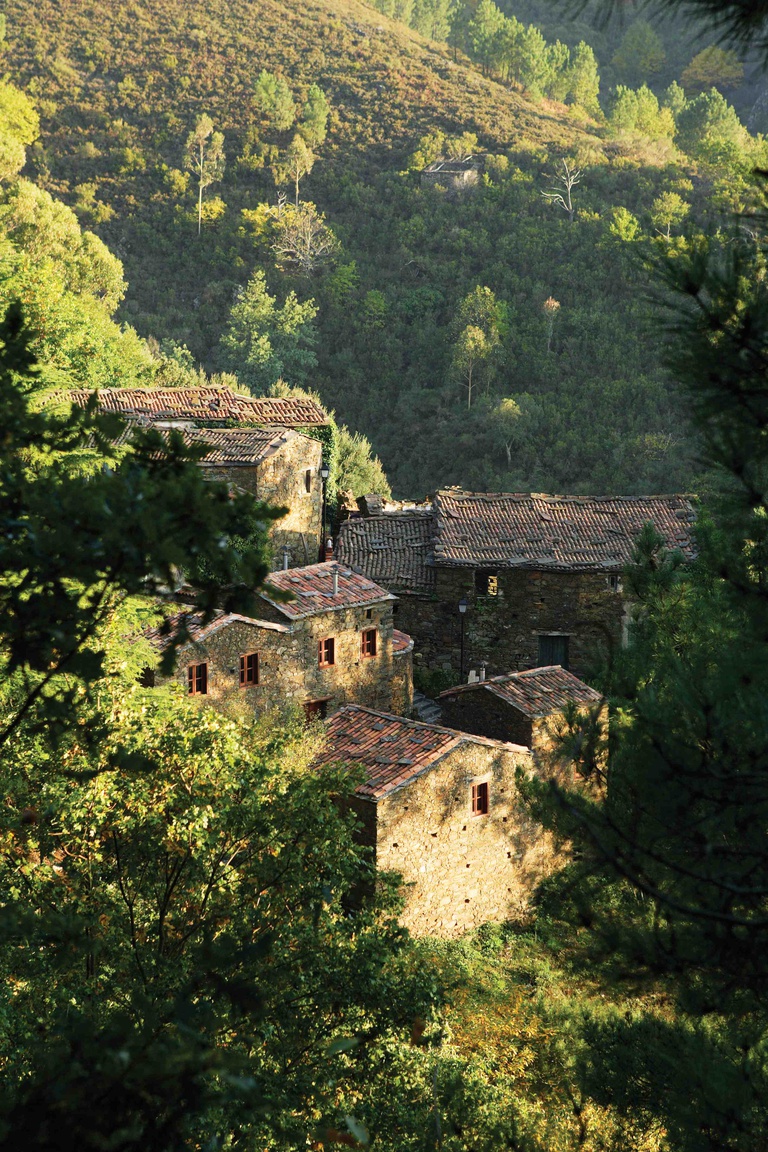
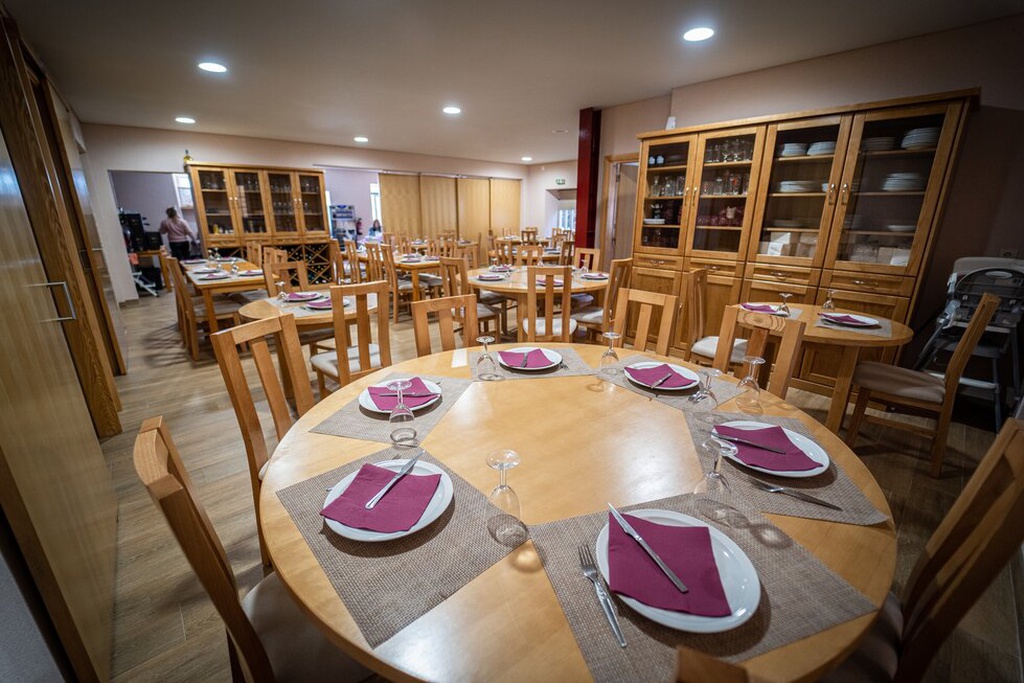


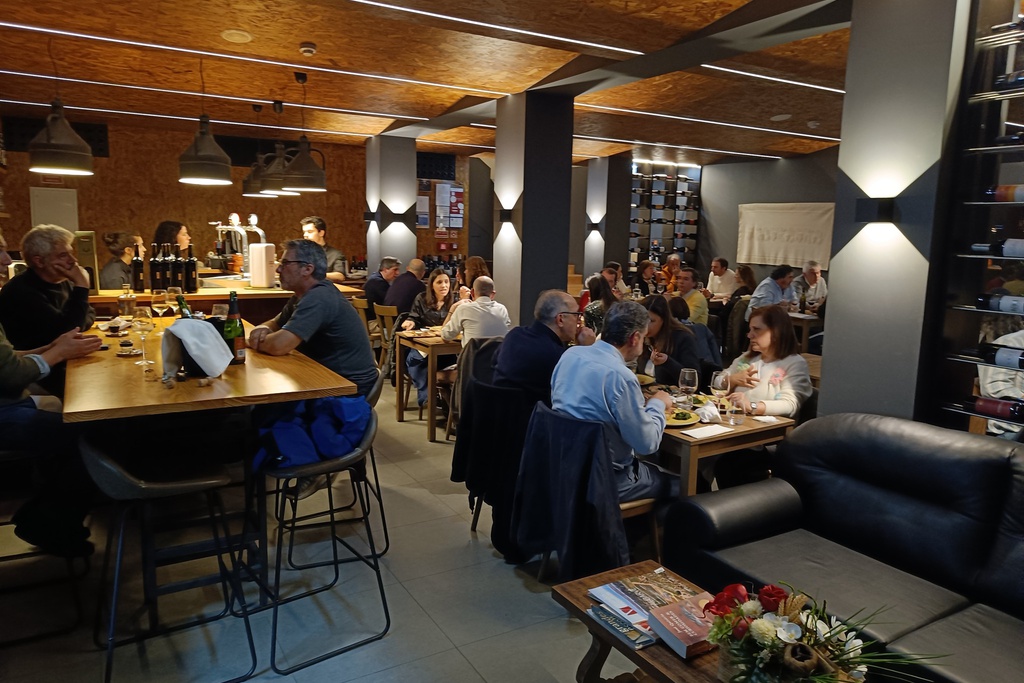
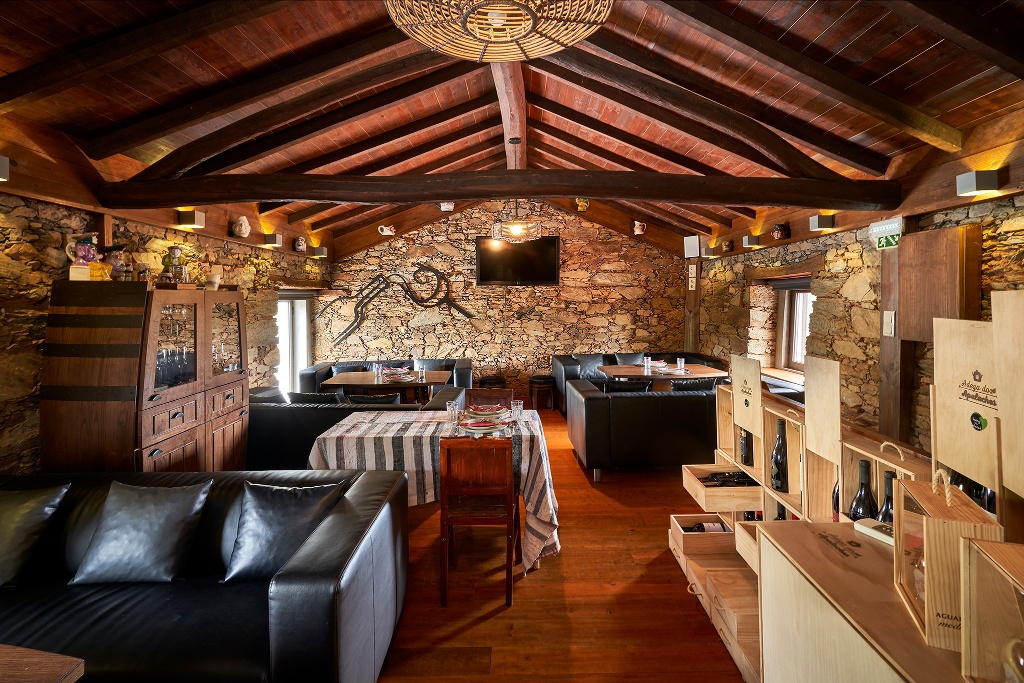
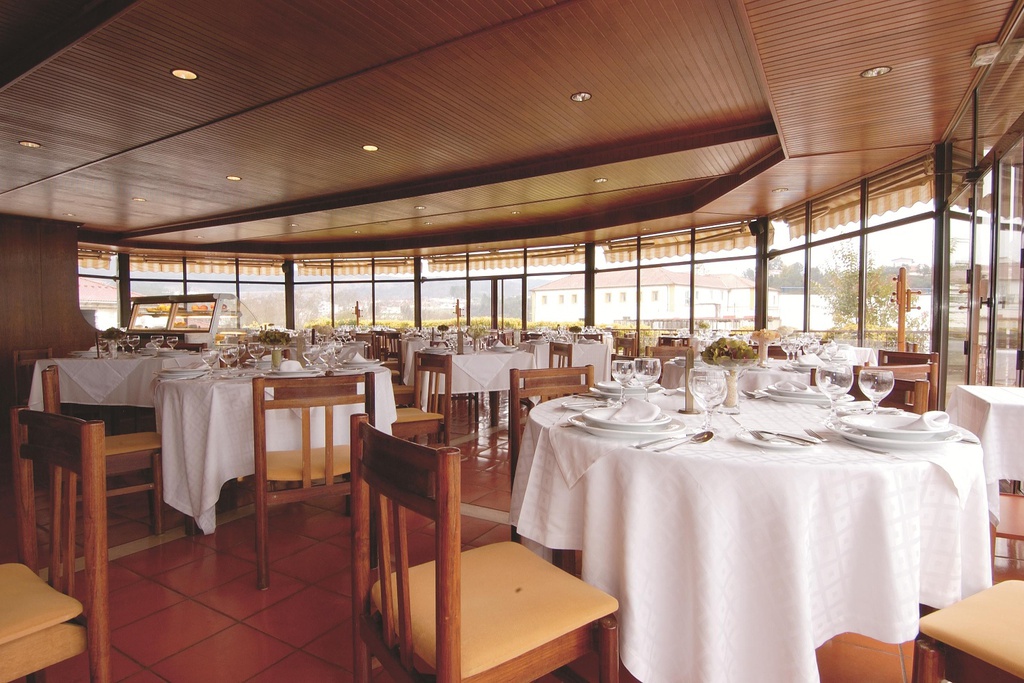
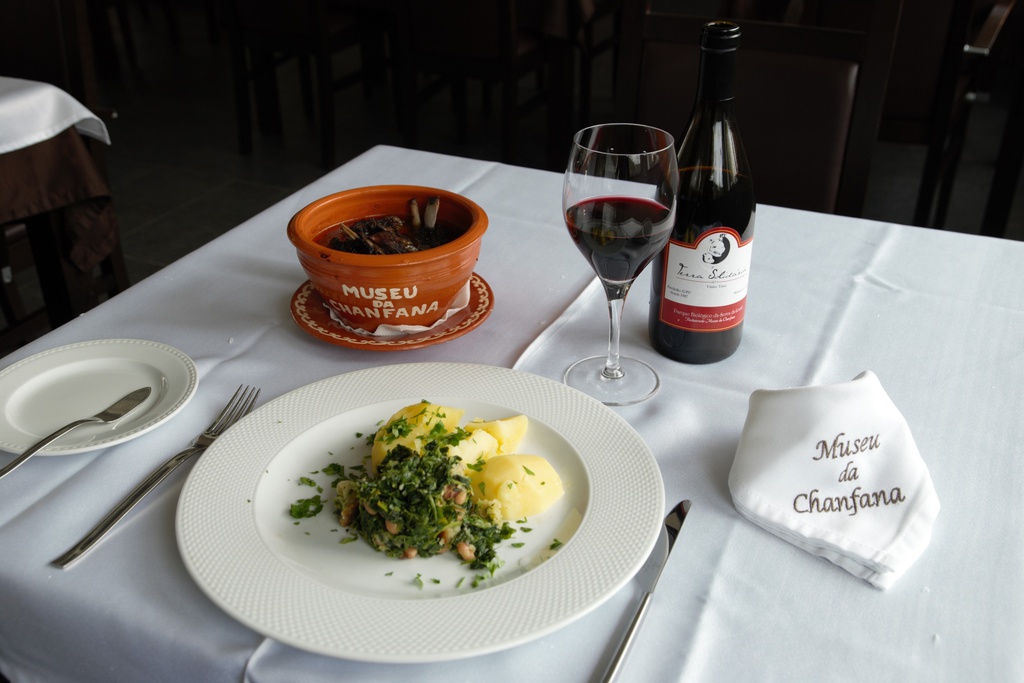
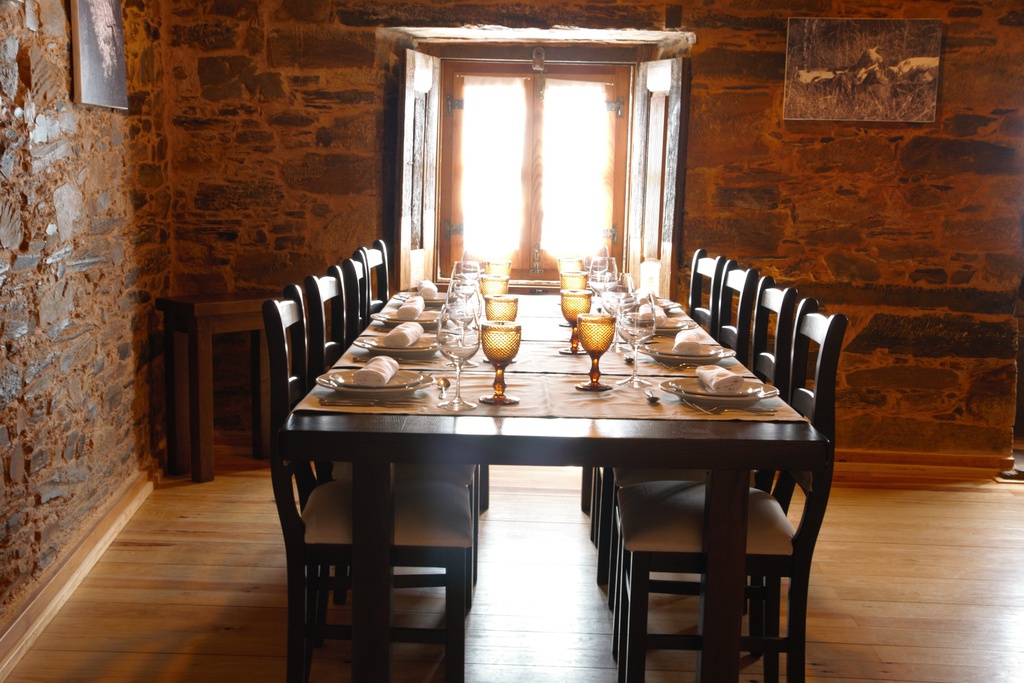
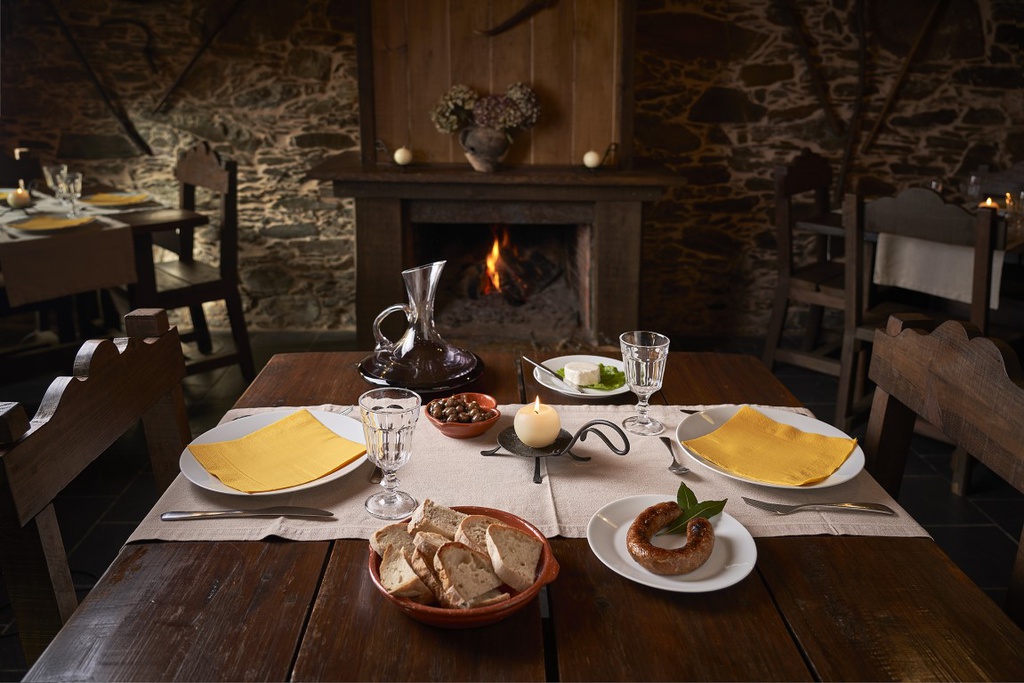
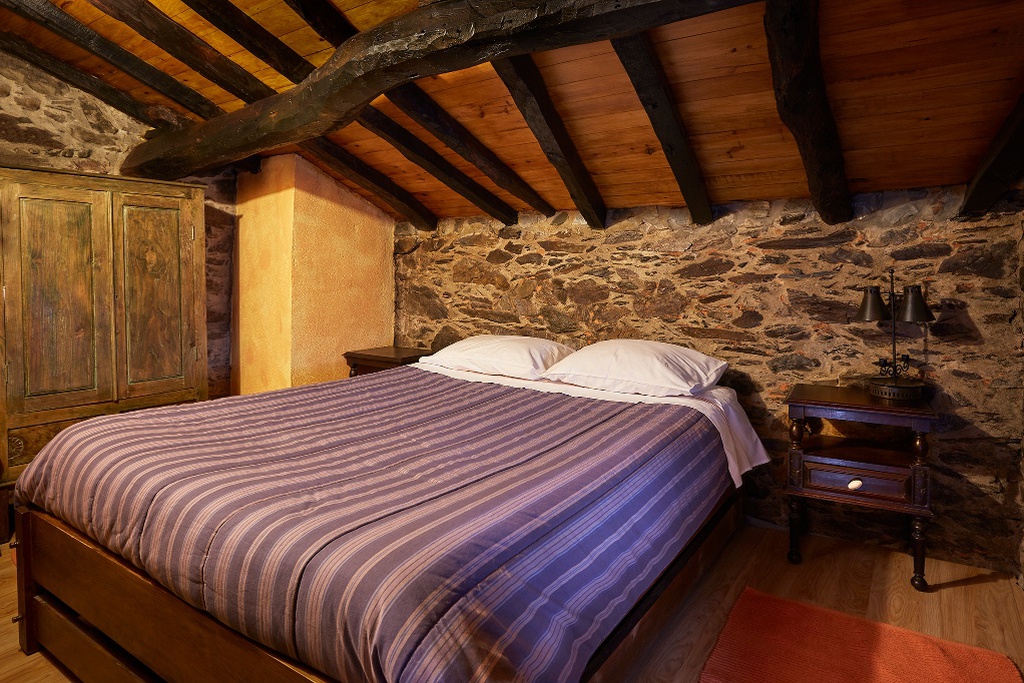

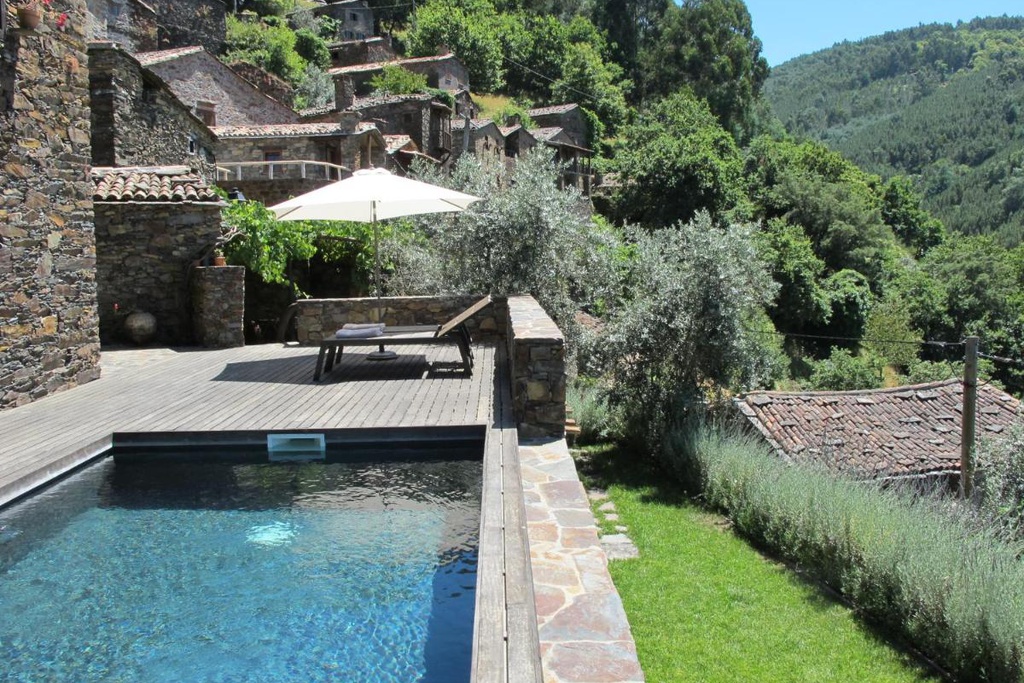
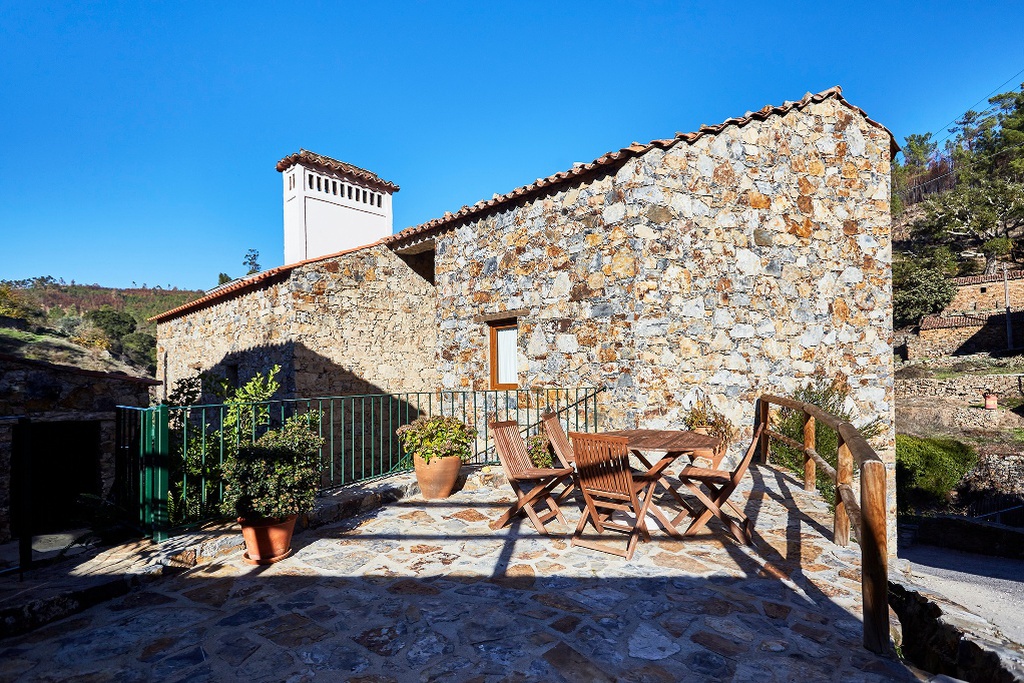
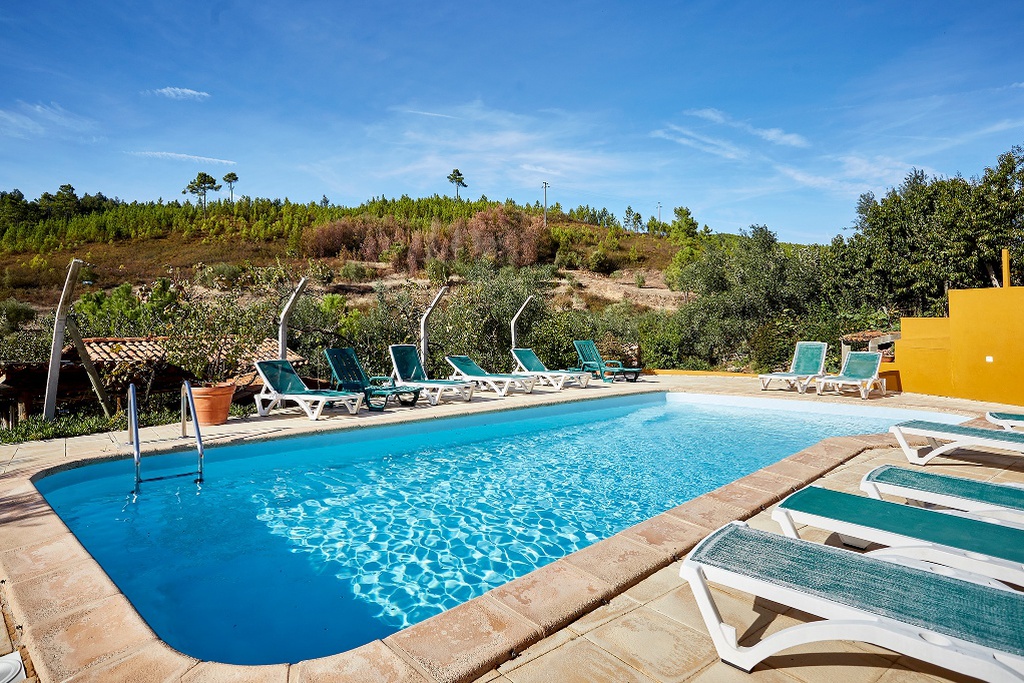

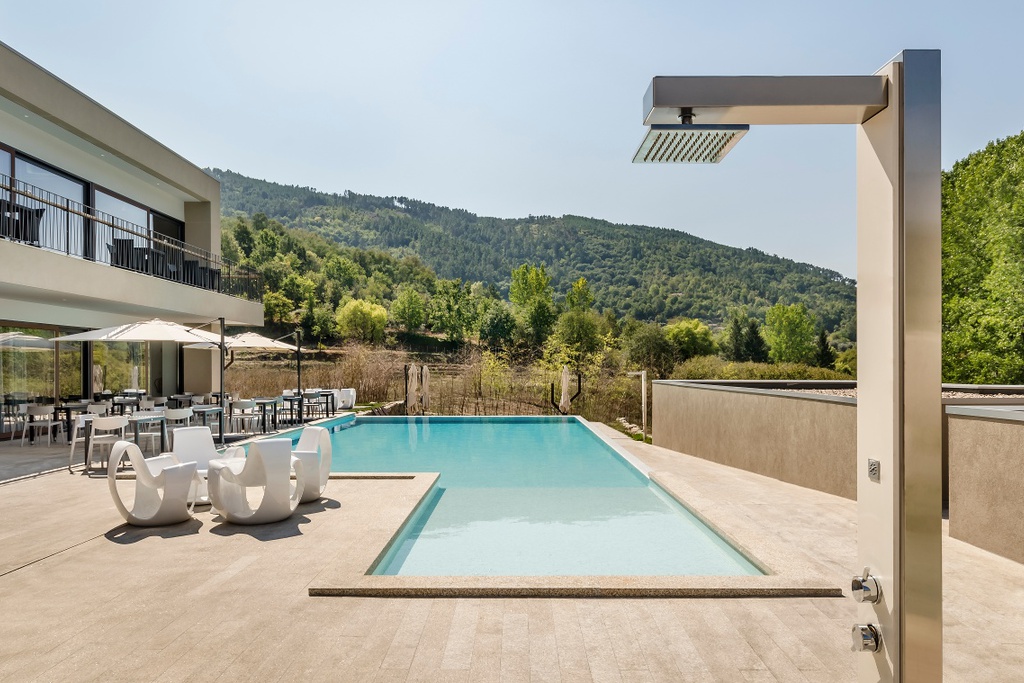
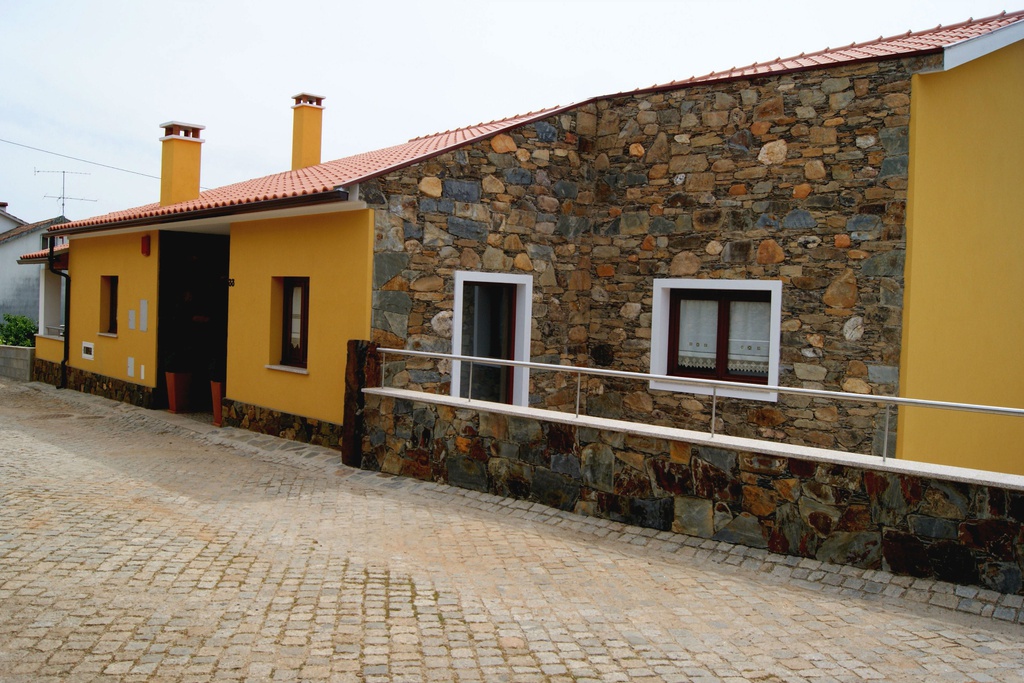
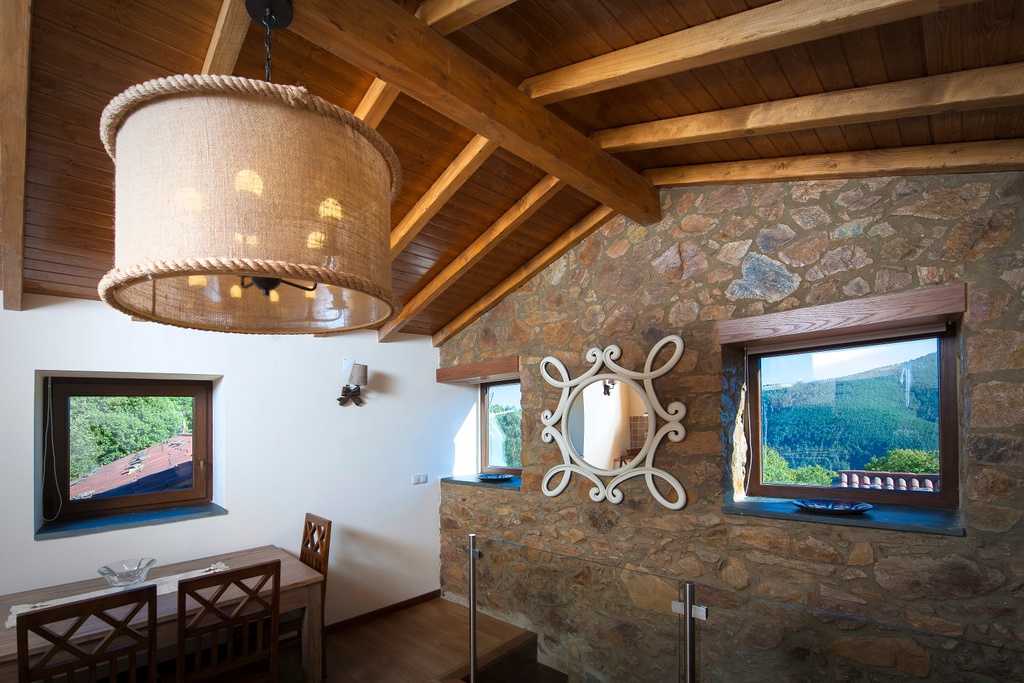
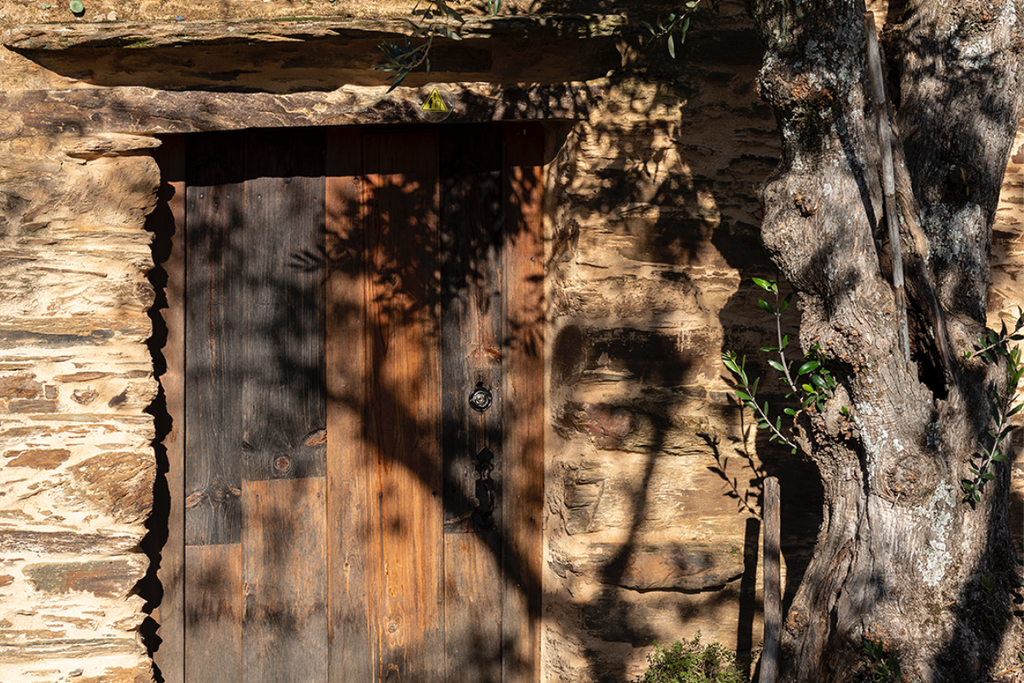
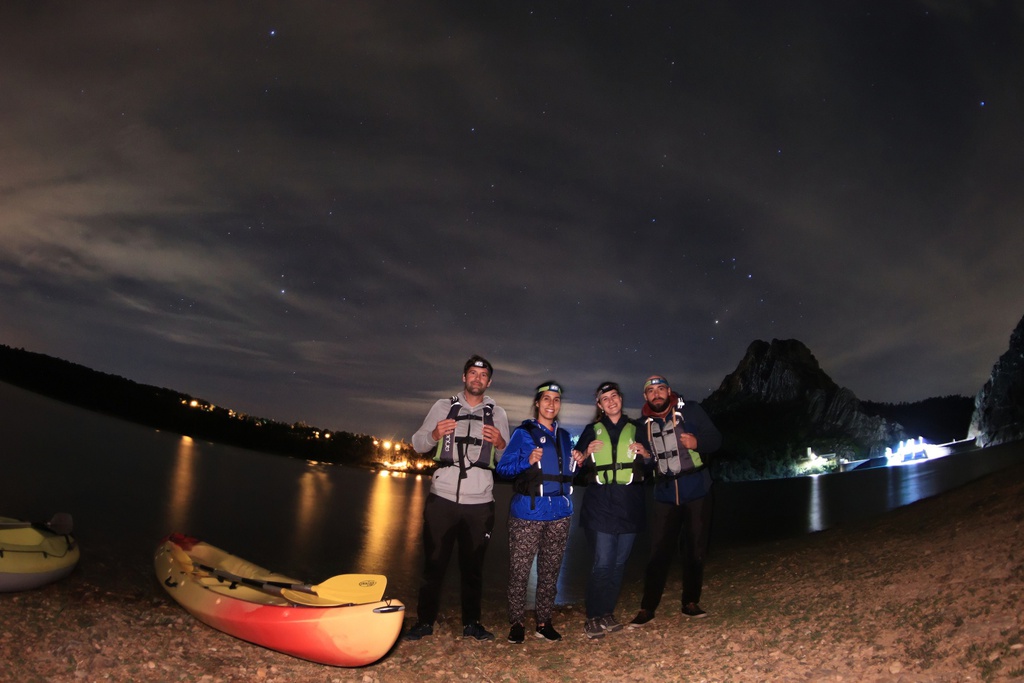
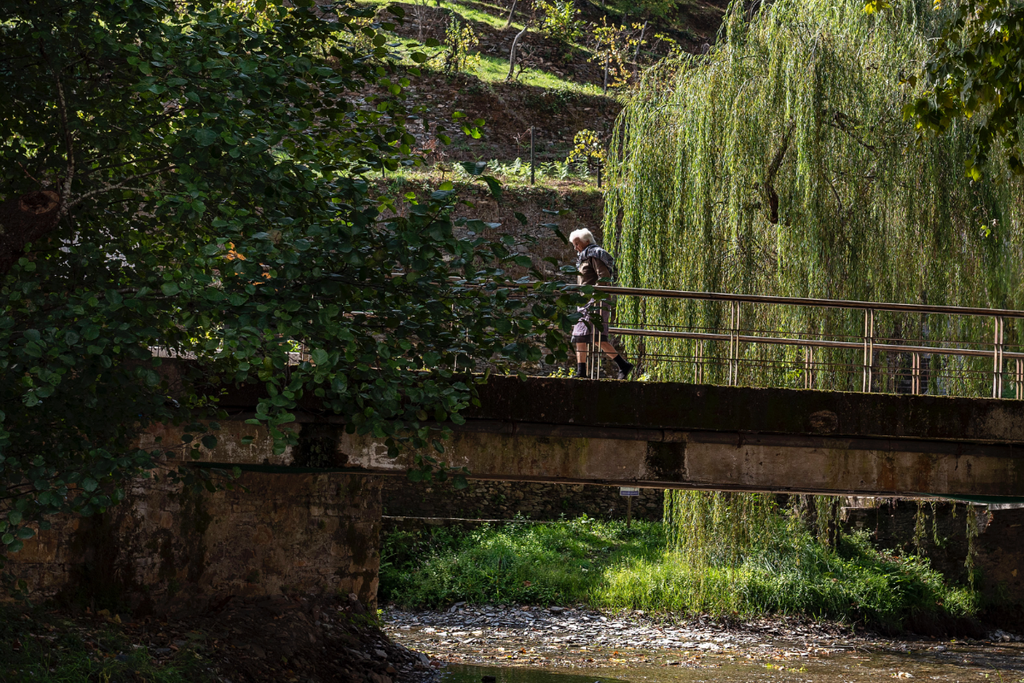
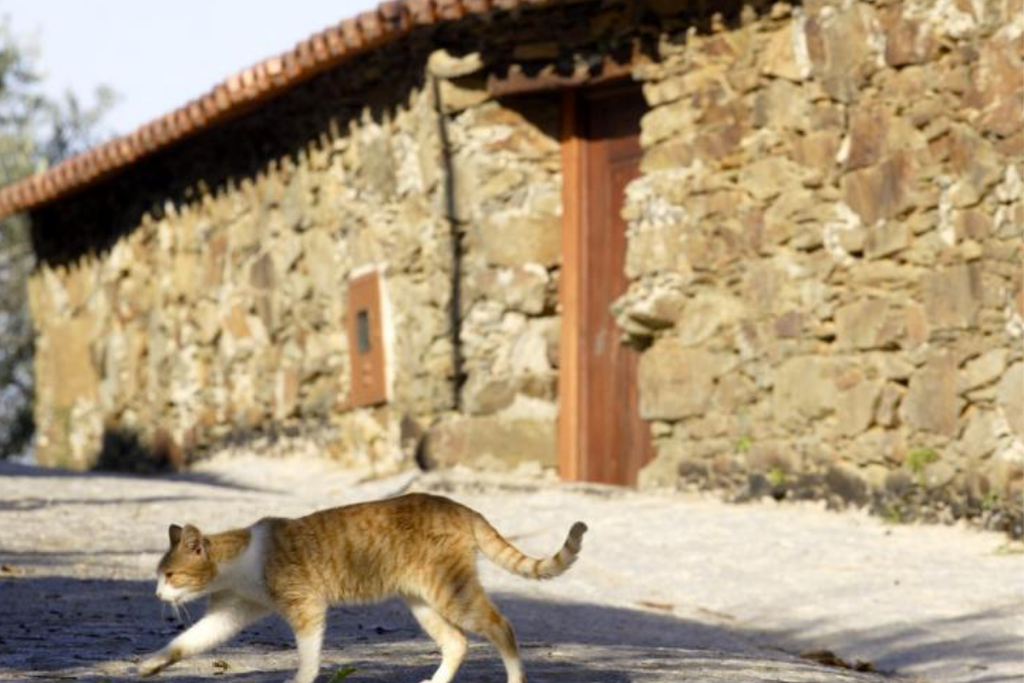
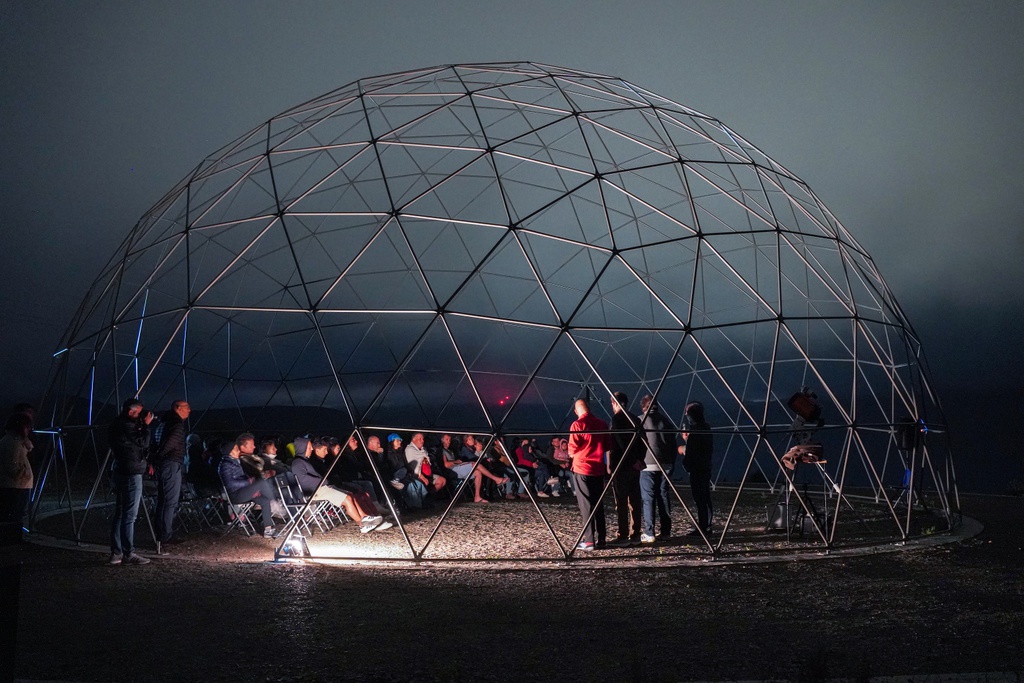
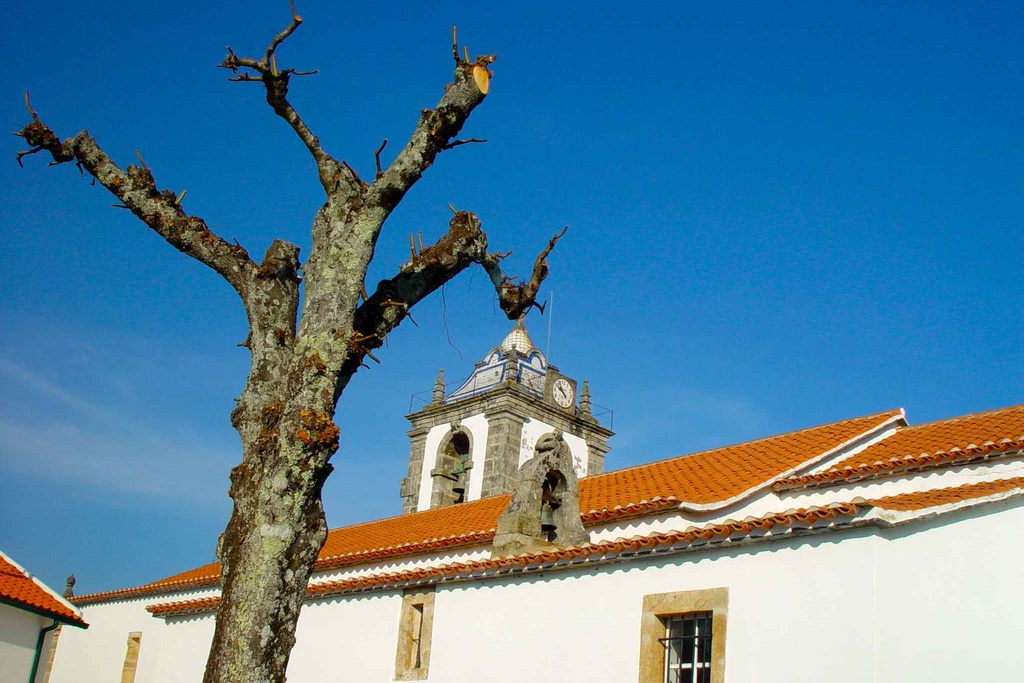
![GRZ on Foot - Return to Serenity [sector 7]](/media/filer_public/c7/17/c7175490-d567-41d0-b758-9303411dcd97/aldeias-xisto-aldeias-xisto-o_regresso_da_serenidade_foz_de_alge__c381rea_de_descanso_de_valbom_gr33_-_g_cyecqfl.jpg.1024x683_q95_crop_upscale.jpg)
